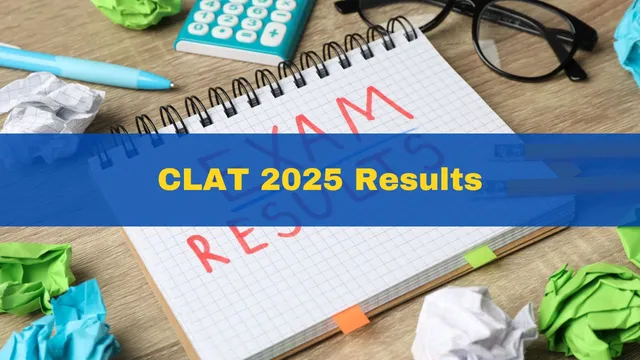- By Ritesh Kumar
- Mon, 23 Dec 2024 02:49 PM (IST)
- Source:JND
CLAT 2025 Results: The Delhi High Court has instructed the Consortium of National Law Universities to revise the results of the Common Law Admission Test (CLAT) 2025 due to errors in the answer key. The court emphasised that such mistakes could impact the merit list and rankings, potentially causing unfairness to candidates.
Presiding over the matter, Justice Jyoti Singh observed, "The errors in Question Nos. 14 and 100 are demonstrably clear, and shutting a blind eye to the same would be an injustice to the petitioner, albeit this court is conscious of the fact that it may impact the result of other candidates."
The case was filed by Aditya Singh, a minor, who challenged discrepancies in the CLAT-2025 answer key. Aditya argued that correcting these errors would increase his score from 87 to 93.25, significantly improving his ranking and enhancing his chances of admission to one of the top three National Law Universities (NLUs).
The Consortium of NLUs defended the integrity of the examination process, stating that the results were finalised based on recommendations from expert committees. However, the court ruled that while judicial intervention in academic matters should be limited, it is warranted in exceptional cases where evident errors could lead to injustice.
In its judgment, the court directed that marks be awarded for Question 14 and upheld the exclusion of Question 100. It also clarified that language comprehension questions do not require candidates to apply legal reasoning or interpret constitutional provisions.
Also Read: UP Board Practical Exam Date 2025 For Class 12 Announced; Check UPMSP Pre-Board Schedule
The CLAT examination, consisting of 120 questions and conducted over two hours, is a gateway for admissions to undergraduate and postgraduate law programs at NLUs. The UG paper tests candidates on topics such as English language, current affairs, logical reasoning, legal reasoning, and quantitative techniques. The PG paper focuses on constitutional law and other legal subjects, including jurisprudence, family law, criminal law, property law, and various other specialized areas.

